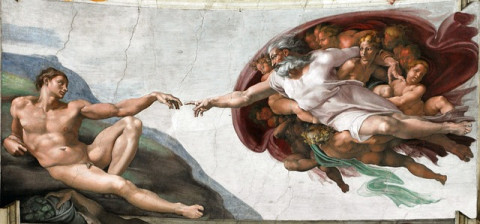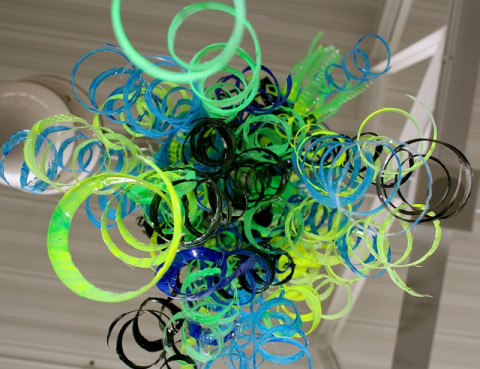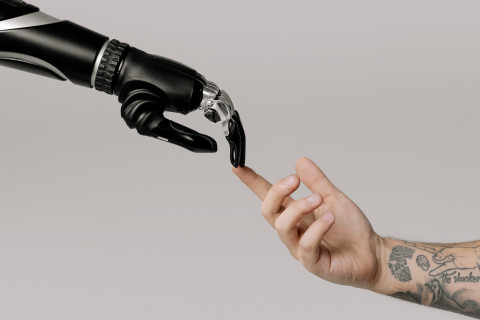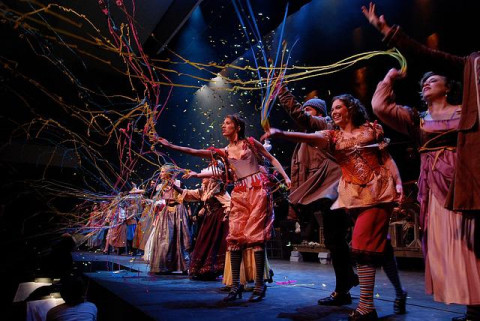IP Word of the Day
Word of the Day: Magnum Opus

photo: Pixabay
Magnum opus, from Latin, great work, or "masterpiece", in its modern use menas a creation that has been given much critical praise, especially one that is considered the greatest work of a person's career or to a work of outstanding creativity, skill, profundity, or workmanship.Historically, a "masterpiece" was a work of a very high standard produced to obtain membership of a guild or academy in various areas of the visual arts and craf.
Word of the Day: Recycled Art

photo: Pixabay
Recycled Art is about using waste material for the creation of art pieces while addressing the issue abou the preservation of Nature.
Word of the Day: Copyleft

photo: Pixabay
Copyleft is the practice of granting the right to freely distribute and modify intellectual property with the requirement that the same rights be preserved in derivative works created from that property. Copyleft in the form of licenses can be used to maintain copyright conditions for works ranging from computer software, to documents, art, scientific discoveries and even certain patents.
An early use of the word copyleft was in Li-Chen Wang's Palo Alto Tiny BASIC's distribution notice "@COPYLEFT ALL WRONGS RESERVED" in June 1976. Tiny BASIC was not distributed under any formal form of copyleft distribution terms, but it was presented in a context where source code was being shared and modified.






